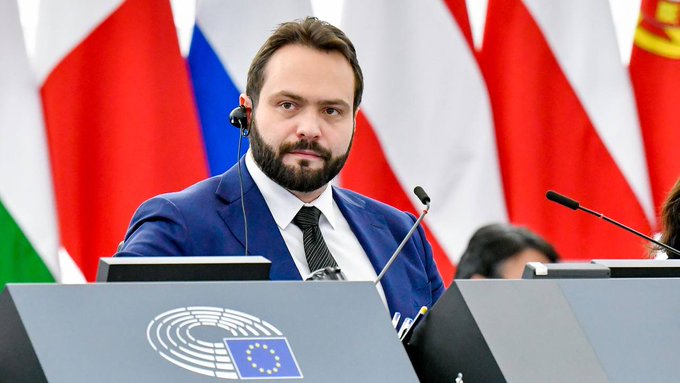|
Getting your Trinity Audio player ready…
|
Today, the European Union Election Observation Mission (EU EOM) to Zimbabwe published its final report on the 23 August 2023 harmonised elections. This report offers a set of key recommendations to improve future electoral processes. EU EOM Chief Observer, Fabio Massimo Castaldo, underscored in the final report presentation: “While election day was largely calm, it was assessed as disorderly. The process curtailed fundamental rights, overall, and lacked a level playing field, which was compounded by intimidation. During the post-electoral period, the EU EOM observed a climate of retribution.”
“I would like to emphasise that the EU EOM came to Zimbabwe as a partner and in the spirit of achieving common goals to further advance democratic processes. It is important to also view the EU EOM’s recommendations in this context. It is up to Zimbabweans to take ownership of their implementation. The European Union remains ready to assist such efforts”, said Mr. Castaldo.
Out of 21 recommendations, the EU EOM lists 7 as a priority. In particular, the EU EOM considers that a comprehensive and meaningful electoral reform is needed to bring legislation in line with regional and international standards espoused by Zimbabwe.
The EU EOM also recommends that measures are taken to ensure that the Zimbabwe Electoral Commission (ZEC) and its staff are able to operate without political influence at all levels, including in their appointment mechanisms and by removing governmental approval of its regulations. Further, the EU EOM recommends that the ZEC provides timely and comprehensive information on all aspects of electoral preparations to the public, including its decisions and regulations, and that the ZEC publishes timely electoral results, disaggregated by polling station.
To safeguard the right of assembly, it is recommended to amend the Maintenance of Peace and Order Act (MPOA), to limit discretionary application and ensure that its implementation never unduly limits the right to assemble. To safeguard the independence of the judiciary, the EU EOM recommends reviewing the appointment procedures of judges to guarantee the separation of powers.
Further, the EU EOM recommends establishing and implementing effective mechanisms to prevent undue restrictions on observation activities and to prevent pressure and intimidation of both citizen and international observers.
“The recommendations are the quintessence of the work of the EU EOM, which comprised some 150 observers from all 27 EU member states and its partner countries Canada, Norway and Switzerland”, said Mr Castaldo.
“The EU EOM was invited by the Government of Zimbabwe. In accordance with an Administrative Arrangement between the government and the European Union, the mission conducted an independent and impartial long-term assessment of all aspects of the entire electoral process. The EU EOM did not interfere in the elections at any time and has no interest in the results”, underlined Mr. Castaldo.
